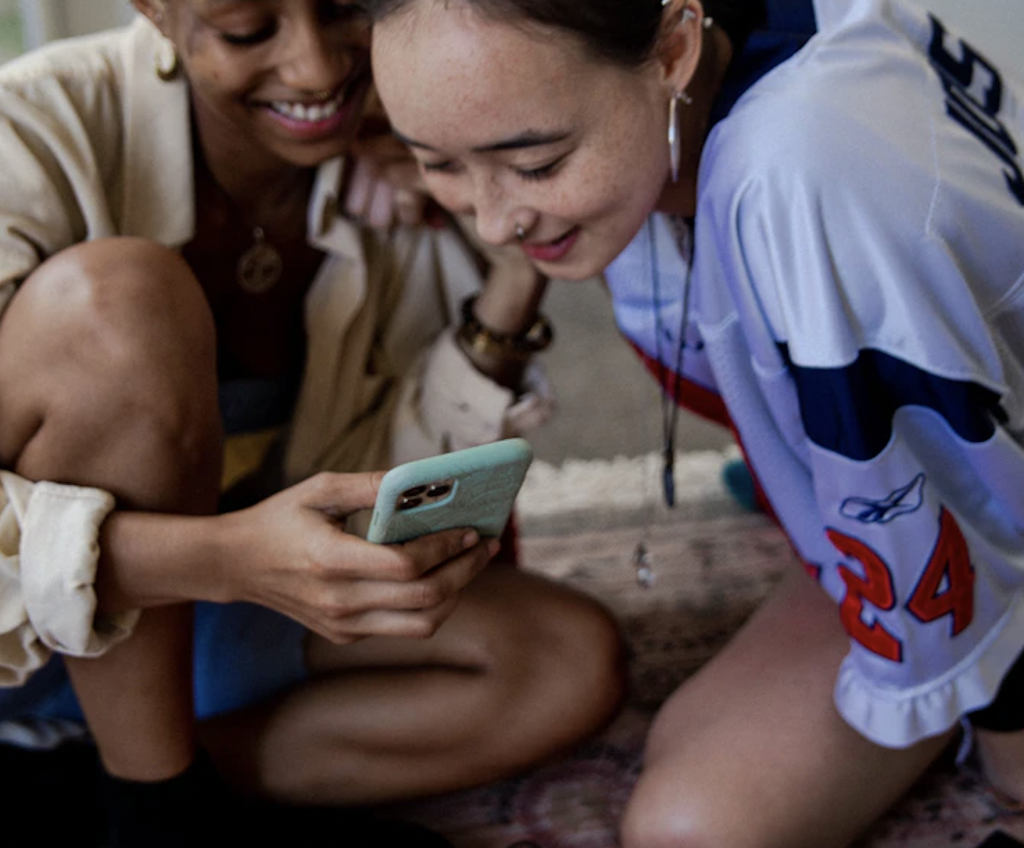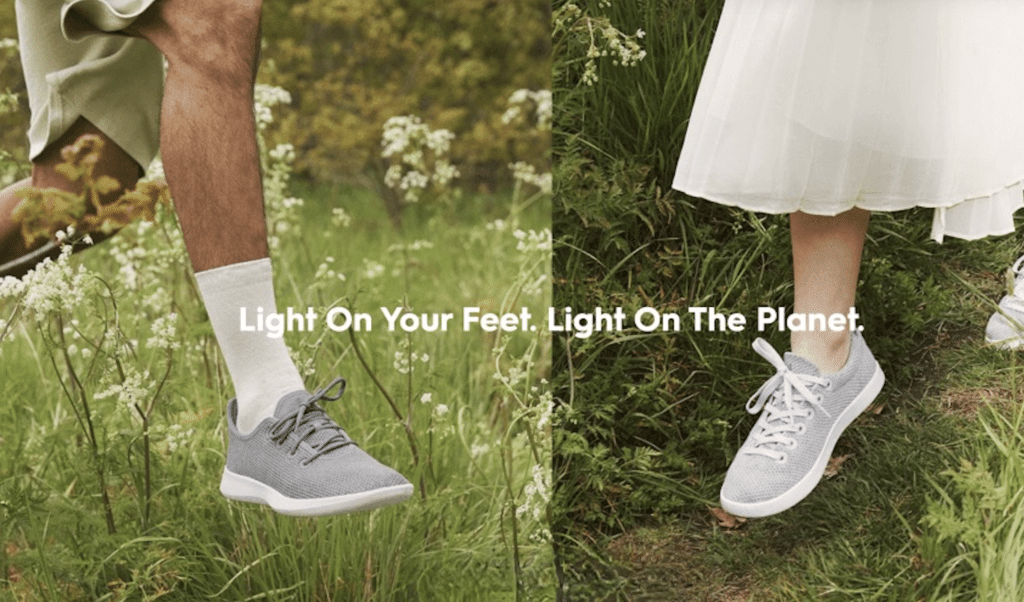A Dutch consumer group has lodged a formal complaint against TikTok, threatening to file suit against the social media platform for “harvesting personal data from users” of the app unless it pays a 1.5 billion euro ($1.8 billion) damages sum and wipes out the “unlawfully collected personal data,” namely, from underage users. On Thursday, Sandra Molenaar, who is the director of consumer protection organization Consumentenbond, told the AP that TikTok – which earns “hundreds of millions per year on the backs of children” – is “exploiting” its young users, even as Dutch privacy laws “prescribe that children should receive additional protection” when it comes to their data. A rep for TikTok said that it is “committed to engaging with external experts and organizations to make sure we are doing what we can to keep people on TikTok safe.”
Hardly TikTok’s first dalliance with privacy complaints, the nearly 5-year-old video-sharing platform’s parent Bytedance paid $92 million to settle a class action lawsuit filed against it in an Illinois federal court in May 2020. According to the complaint lodged by Plaintiff Molly Janik, the legal guardian of a 17-year-old TikTok user, TikTok was running afoul of the Illinois Biometric Information Privacy Act, which prohibits private entities (i.e., non-governmental entities) from capturing or collecting biometric information, such as fingerprints, retina and iris patterns, voice waves, and DNA, from an individual unless it first creates a publicly-available written policy governing how it will collect, maintain, and ultimately destroy such identifiers, and also obtains each individual’s written consent.
TikTok not only failed to alert users of its practice of collecting and storing such data, and to receive their written authorization, Janik asserted in the since-settled suit, but it also shared the biometric information with third parties without users’ consent. The case ultimately settled in February of this year, while a similar matters were initiated before the U.S. District Court for the Northern District of California and with the Federal Trade Commission, with the latter case accusing TikTok of running afoul of the Children’s Online Privacy Protection Act and also violating the terms of the $5.7 million settlement agreement it entered into with the government agency in February 2019.
To potentially make matters worse for consumers in the U.S., at least, TikTok – which says that it does not sell users’ personal info to third parties but may share the information it collects for “business purposes” – revealed a privacy policy change early this month, as reported by Time, in which it states that it “may collect biometric identifiers and biometric information” from its users’ content, including things like “faceprints and voiceprints.” This change is subject to applicable laws, and thus, TikTok states, “We will seek any required permissions from you prior to any such collection.” (Time notes that there is “no federal U.S. law regulating the collection and use of biometric data.” However, some states, such as Texas, Washington, California, and Virginia, have passed their own laws, and New York City recently adopted its own biometrics privacy legislation, which is slated to take effect on July 9, 2021.)
Outside of the U.S., TikTok – whose user base grew by almost 90 percent during the pandemic, and is expected to boast 79 million users in the U.S. by the end of this year and about 1 billion monthly active users on a global basis – has also been at the center of legal proceedings. The European Consumer Organization BEUC filed a complaint with the European Commission against TikTok in February, and at the same time, consumer organizations in 15 countries “have alerted their authorities and urged them to investigate the social media giant’s conduct,” namely, its “multiple breaches of EU consumer rights and failure to protect children from hidden advertising and inappropriate content,” the BEUC revealed early this year.
Even with consistently mounting legal issues at play, fashion cannot seem to move past its increasing reliance on TikTok, with brands and retailers, alike, trawling social media platforms – TikTok, included – to determine what to make and what to sell. As the New York Times’ Sapna Maheshwari noted recently, “Trendspotting used to happen largely in person,” but those days are gone, and now, it commonly takes the form of “an obsessive study in web traffic and reviews, Instagram and TikTok posts, bridal registry data, and restaurant and hotel bookings.”
Meanwhile, NBC’s Leticia Miranda and Kalhan Rosenblatt asserted that viral TikTok trends are actively helping to drive sales, including for “some of the country’s most iconic, but struggling, companies,” such as the Gap. The staple mall retailer “saw some of its products unexpectedly take off on TikTok,” Miranda and Rosenblatt assert, citing Gap’s global head of marketing Mary Alderete, who revealed that the brand’s “high-rise cheeky straight” jeans and “sky-high straight” jeans saw sales surge this year thanks to TikTok. “Gap saw a 200 percent increase in the number of cheeky straight jeans sold online within just a day,” per Alderete.
The same level of reliance also appears to be coming into fruition on the advertising front, as brands look beyond Instagram and Facebook to reach Gen-Z and millennial consumers, prompting a 130 percent rise in the number of times that #ad was used on the platform in 2020, according to Klear Research’s State of the Influencer Marketing. The firm also identified a 32 percent increase in sponsored stories, “which aligned with an overall trend of story usage in 2020.”
Ultimately, the (legal) future of the undeniably popular but heavily controversial app is unclear. While U.S. President Biden revoked three Trump Administration Executive Orders that had banned transactions involving Chinese-owned apps on national security grounds, including TikTok, thereby, tidying up the landscape for the ByteDance-owned app – as well its many users and the brands and retailers that rely on it – to some extent early this month, continued complaints, such as the one lodged by Consumentenbond, make it clear that the company still has not fully weathered the privacy concerns that are likely to continue to come its way.











